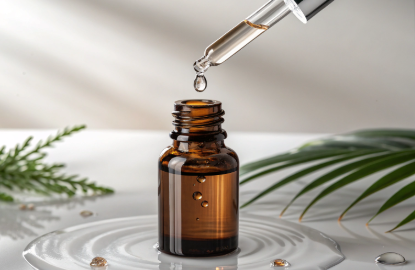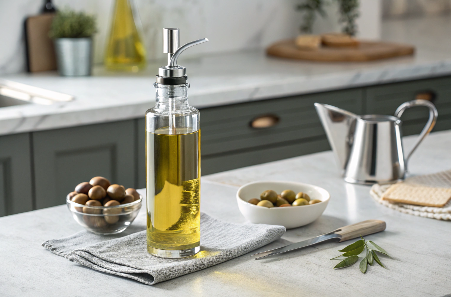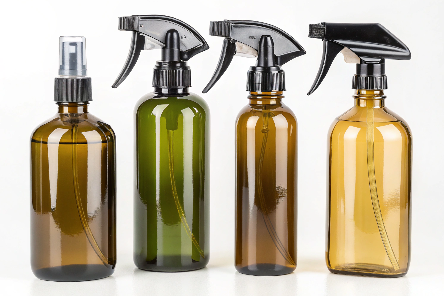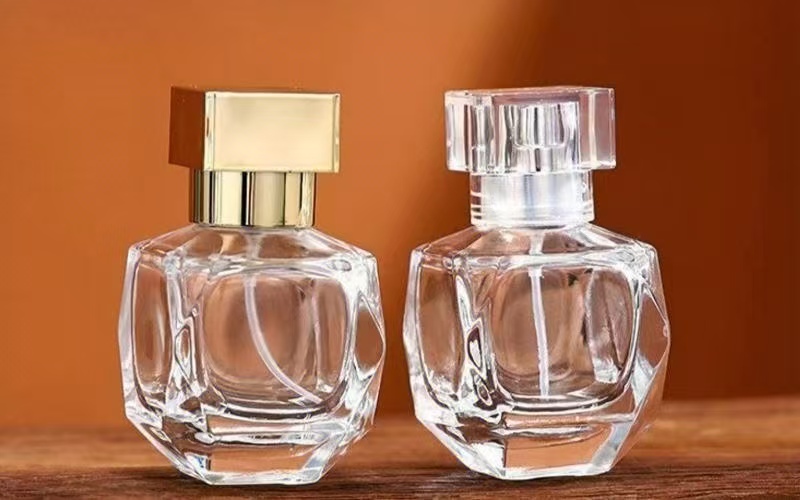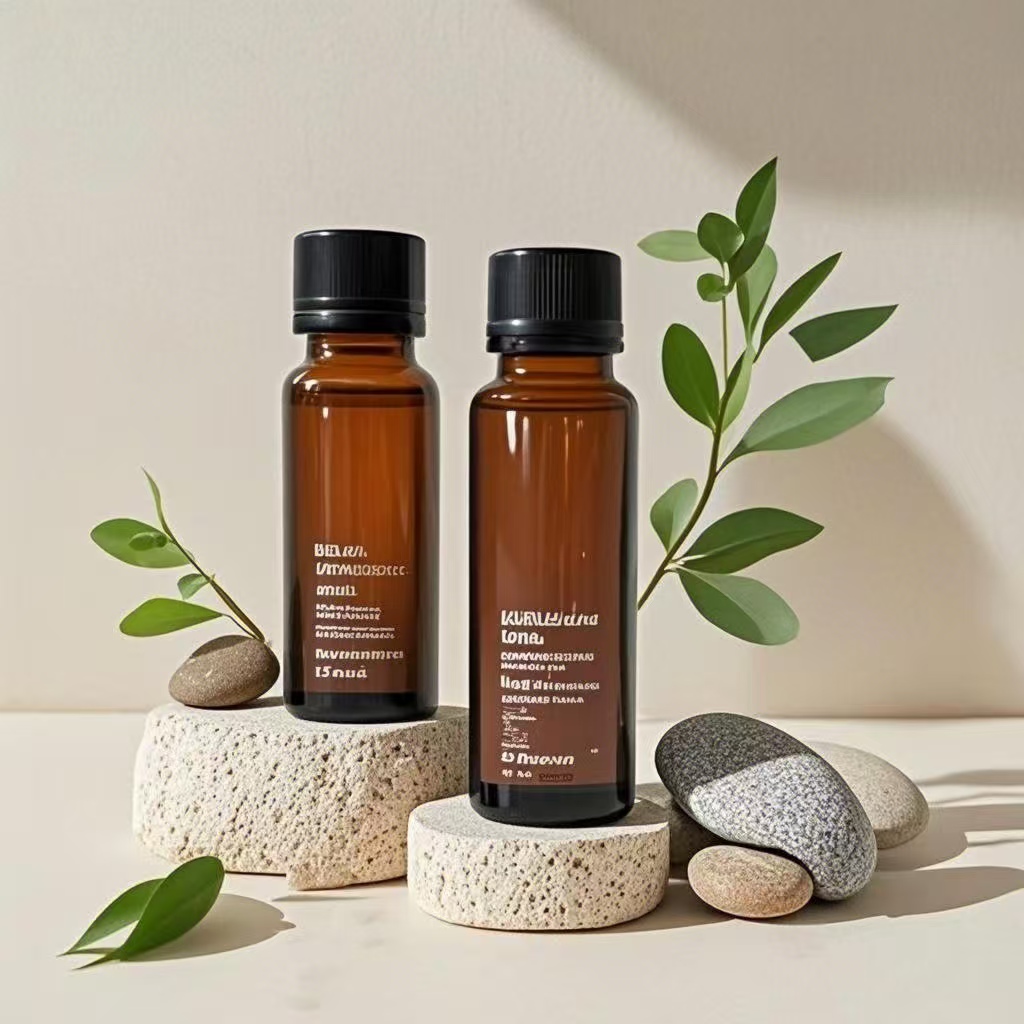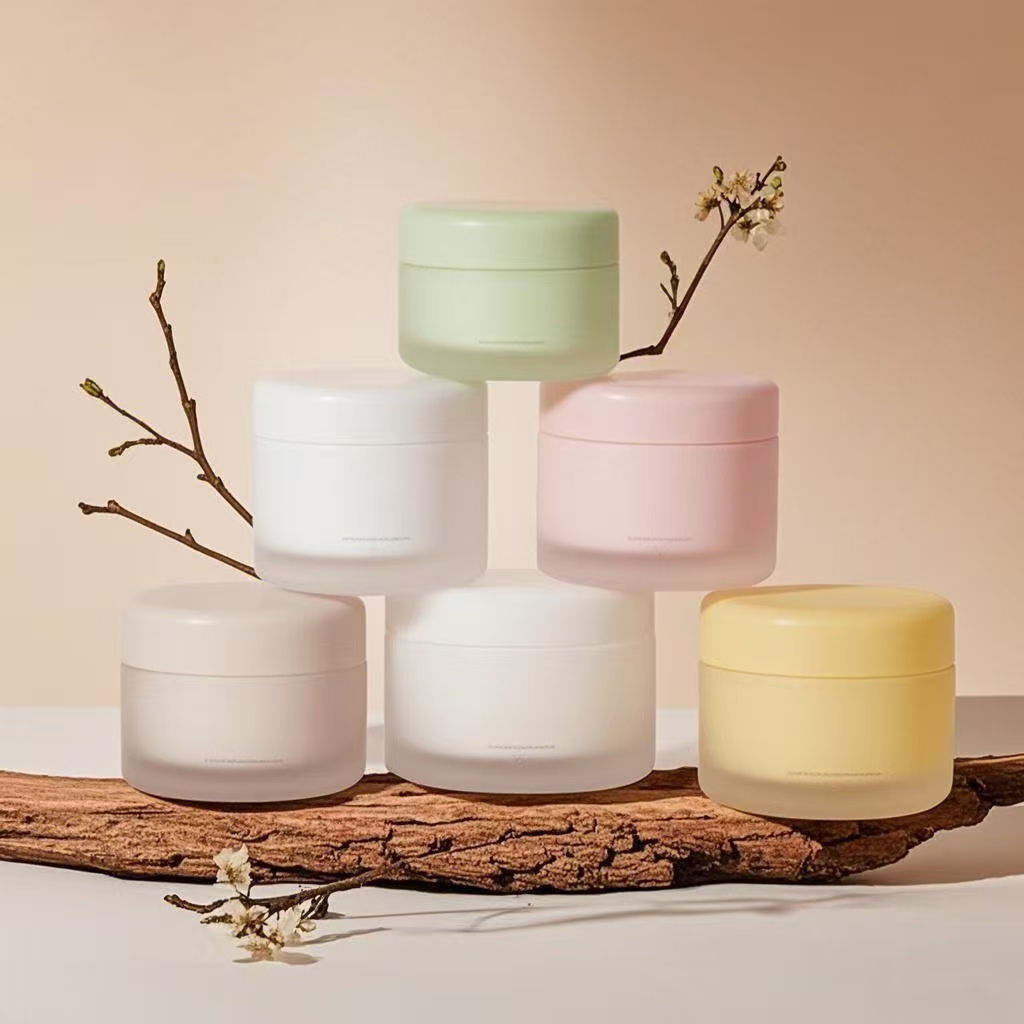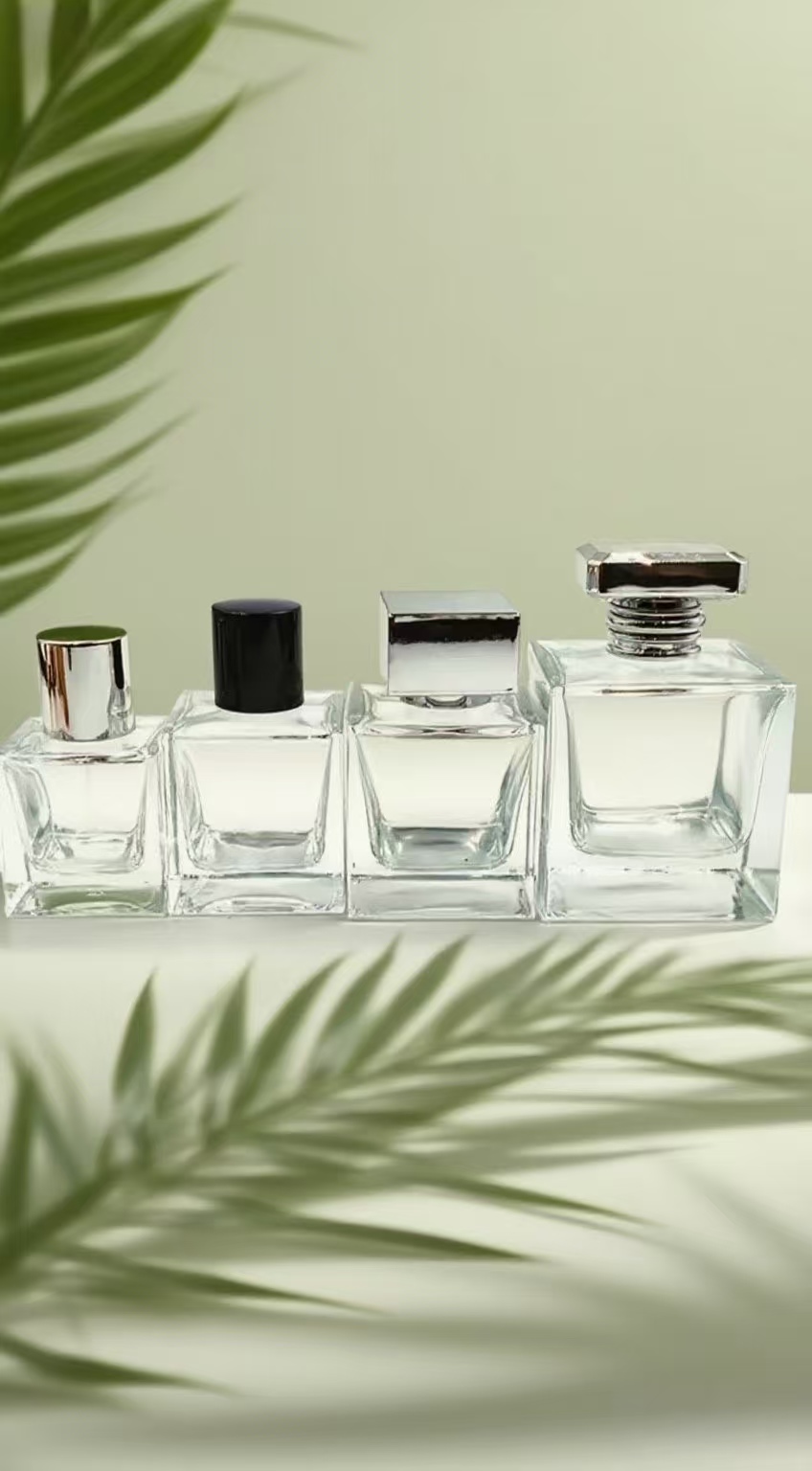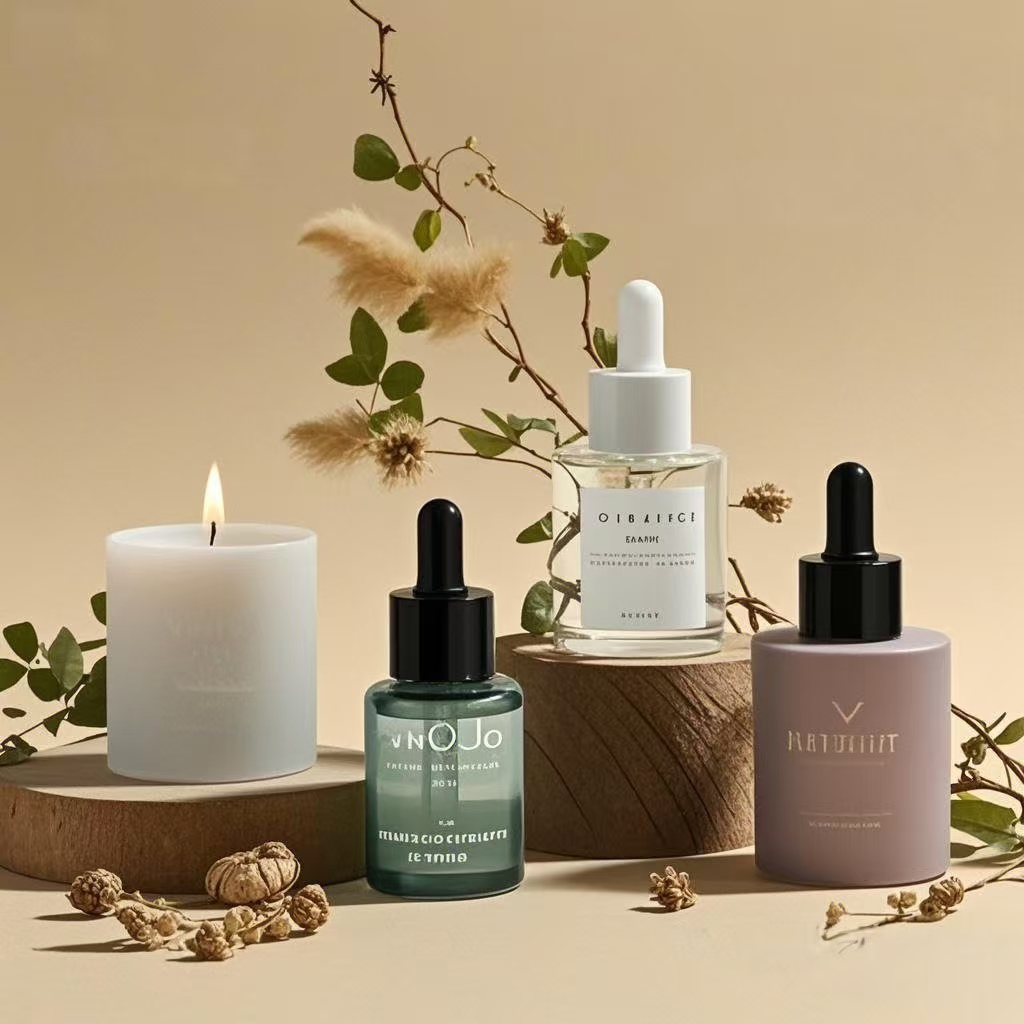Trying to spray olive oil evenly—whether for cooking, skincare, or massage oil—can feel frustrating. It clogs, drips, or simply doesn’t spray at all.
To put olive oil in a spray bottle, use a high-quality sprayer with an oil-compatible nozzle, and consider thinning the oil with a lighter carrier or alcohol for a finer mist.
Let’s look at how to make olive oil sprayable and which containers actually work without turning into a greasy mess.
Can you just put olive oil in a spray bottle?
Technically yes—but it depends on the bottle.
Yes, you can put olive oil in a spray bottle, but standard water mist sprayers won’t work well. Use a bottle specifically designed for oils with a trigger or pump atomizer.
Olive oil is thick and viscous, so regular spray bottles (designed for water or alcohol) can clog or fail entirely.
What to Use Instead:
| Bottle Type | Works with Olive Oil? | Notes |
|---|---|---|
| Mist Sprayer | ❌ No | Will clog or spray unevenly |
| Pump Spray | ✅ Yes | Good for fine oils |
| Trigger Spray | ✅ Yes | Better for kitchen use |
| Oil Mister | ✅ Best | Designed specifically for oils, reusable |
At PauPack, we offer pump and trigger sprayers tested for oil-based use. For cosmetics or culinary oil blends, we recommend glass packaging with pressure-tolerant spray heads.
Can I put oil in a normal spray bottle?
Not all “spray bottles” are created equal.
You should not use a standard water-based spray bottle for oils unless it’s rated for viscous liquids—otherwise it may clog, leak, or stop working altogether.
Plastic components, rubber gaskets, and narrow nozzles in many sprayers are not designed to handle thick substances like olive oil.
Look for These Features:
-
Wide-bore tubing
-
Oil-compatible materials (like HDPE, PP, or glass)
-
Trigger-style actuator or pressure-based pump
-
Leak-proof design
PauPack’s PET and glass oil sprayers are available with wide necks and oil-resistant internal parts—great for both culinary use and B2B wellness products like massage oil sprays.
How do you thin olive oil for spraying?
Want a finer mist? Time to tweak your formula.
To thin olive oil for spraying, mix it with a lighter carrier oil (like grapeseed or fractionated coconut oil) or add a small amount of alcohol to help atomization.
Sample Thinning Blends
| Use Case | Olive Oil | Additive | Ratio |
|---|---|---|---|
| Skincare Mist | 80% | Grapeseed or Jojoba | 20% |
| Cooking Spray | 90% | Ethanol or Vodka | 10% |
| Hair/Body Oil | 70% | Argan + Almond Oil | 30% |
Note: Avoid adding water to olive oil—it won’t mix, and you risk spoilage.
Whether you’re formulating a hair treatment, body mist, or kitchen spray, PauPack can help design bottles with custom spray mechanics that handle thicker oils without jamming.
How long does spray olive oil last?
It lasts—but only if stored correctly.
Spray olive oil typically lasts 12 to 24 months, depending on storage conditions and whether it's mixed with other ingredients.
Storage Tips to Extend Shelf Life:
-
Keep in a cool, dark place
-
Use amber or opaque bottles to block light
-
Avoid exposure to moisture
-
Use airtight sprayers to limit oxidation
If you’re developing a product line, choose packaging that matches your oil’s shelf life. PauPack offers amber glass and food-grade PET bottles with spray heads that protect contents from light and air—perfect for long-term freshness and consistent spraying.
Conclusion
Olive oil can go in a spray bottle—if you use the right container and formula. With the proper sprayer and a little thinning, you can turn thick oil into a mist that’s functional, elegant, and long-lasting.




